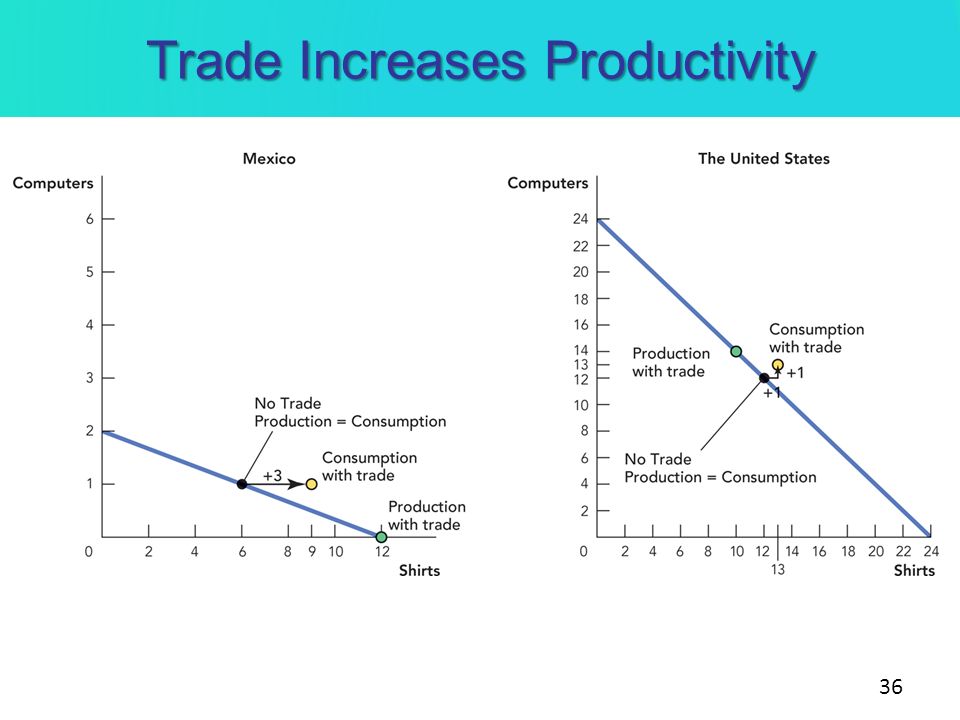Fall was perpetually checked out from our local branch, which was closed for Öffentlichebibliotheksumbaurenovierungssammlungsbeschränkungsangst before being well and truly closed. blackbootz reminded me of the silliness of considering $15 too much to pay for probably twenty hours of activity that brings me more pleasure than a $5 beverage or movie, so Fall is my kindle reading now. A paperback military history from the World Bank book store (permanently closed some time ago) got me through March. In the time between schools closing and e-learning getting started, I pulled together a homeschool library that could keep me occupied if it comes to that.
I've never dug into Gardner, but I think I should. Every time I've read something by him I'm impressed.
The Night Is Large is $5 on eBay and gives a broad sampling of his ideas. Here's the table of contents:
I signed up for kindle unlimited just before this hit. It's been a great bargain. I'm still on my free first two months and I've read 6-8 books easy. I won't say they're all quality books but right now, I value entertainment just as much as I do intellect.
Economics with Mrs. Johnson was in another century. Cowen and Tabarrok are, of course, the duo behind Marginal Revolution and both work at the free-market-oriented Mercatus Center. But the principles of Econ 101 are pretty settled and I haven't noticed any bias in the early chapters. On page 3 they write There's a colorful quote from Milton Friedman on page 11, then a quote from Paul Krugman (comparing the field of economics to the field of medicine) on page 12. I was surprised to see them introduce comparative advantage early, in Chapter 2, before supply and demand in Chapter 3. They describe it as one of the few ideas in economics that is "true and not obvious" according to Paul Samuelson. Their presentation is clear, with a chart that clearly illustrates the bonus from trade. But the example seems contrived and unrealistic, comparing $100 shirts and $300 computers. Those prices are not impossible, but so unusual they might as well be abstract widgets. Looking for that Samuelson quote, I found another explanation that has no numbers or charts but is very clear. A True but Nonobvious Proposition? Trade is about cooperation, not competition. It mentions Krugman's classic article in which he defends comparative advantage as absolutely orthodox, "simple and compelling to those who understand it," but resisted or rejected by many intellectuals, either as an attempt to be fashionable, or due to ignorance of other basic economic ideas, or from an aversion to mathematical models. It's an important idea to grasp then, so one may avoid saying things like people in Fiji should build cars.When markets don't properly align self-interest with the social interest, another important lesson of economics is that government can sometimes improve the situation by changing incentives with taxes, subsidies, or other regulations.

